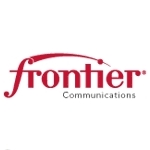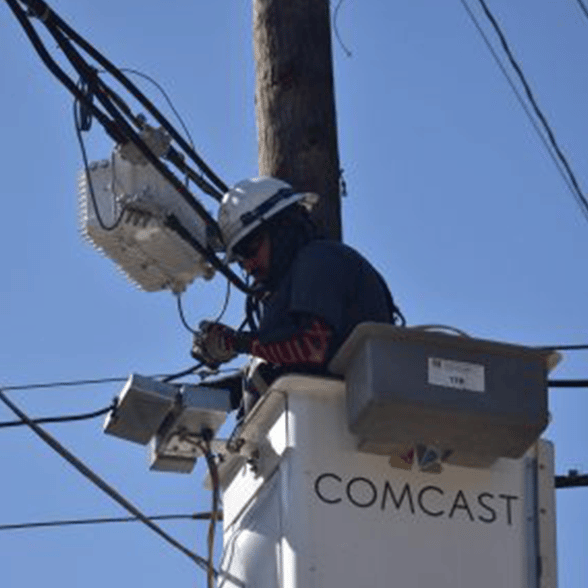 Oregon’s Metropolitan Area Communications Commission has been tenacious in its opposition to Frontier’s efforts to exit the business of providing FiOS advanced video services in Oregon markets acquired from Verizon. The latest salvo is a report by Fred Christ, MACC policy and regulatory affairs manager to the commission, which suggests that the MACC may not allow Frontier to terminate cable franchises with certain municipalities under MACC’s jurisdiction.
Oregon’s Metropolitan Area Communications Commission has been tenacious in its opposition to Frontier’s efforts to exit the business of providing FiOS advanced video services in Oregon markets acquired from Verizon. The latest salvo is a report by Fred Christ, MACC policy and regulatory affairs manager to the commission, which suggests that the MACC may not allow Frontier to terminate cable franchises with certain municipalities under MACC’s jurisdiction.
Frontier argues that it cannot afford to offer FiOS video because its programming costs are much higher than Verizon’s were. As a result, Frontier earlier this year announced plans to raise FiOS video prices by as much as 46%. After receiving a considerable amount of negative press in response to that announcement, Frontier delayed those plans indefinitely but instead announced an even larger increase in the FiOS video installation price—from $79 to $500—and said it would cancel its video franchise agreements in four Oregon cities.
The MACC, however, may not let Frontier out of those franchise agreements. “MACC believes Frontier’s market share is more than adequate and as of today, the company could not reasonably invoke the termination clause,” writes Christ in the new report.
According to a report in The Oregonian, a local news outlet, the four cities in question could face a significant revenue shortfall if Frontier were to cancel its video franchise. The reason is that those cities collect fees from Frontier on a per-customer basis for both video and voice services. If Frontier were to cancel service to FiOS video customers, those customers might shift both video and voice to Comcast, which only pays fees on video, not voice, subscriptions. Alternatively FiOS video and voice customers might take Frontier up on its offer for discounted DirecTV service. But DirecTV does not pay video franchises to the Oregon cities, The Oregonian reports.
Nevertheless, the new MACC report advises new customers not to sign up for FiOS video because of the high installation fee, but instead to consider Comcast, which, according to Christ, “provides a locally franchised service in many ways superior compared to satellite providers.”
Christ also argues in the report that the high FiOS video installation fee is unwarranted. “This fee does not apply to other Frontier customers—those taking phone or Internet service—even though we believe there is only marginal extra effort involved in adding video during an installation,” the report says.
The MACC, however, does not have authority over pricing and therefore is unable to do anything to prevent the installation price increase. But that hasn’t stopped the commission from trying.
In the new report, Christ noted that Frontier has not responded to a series of accusatory questions posed by the MACC such as whether it was Frontier’s intent all along to capture Verizon’s customer base and migrate them to DirecTV.
Frontier has argued that the MACC does not have the authority to require Frontier to answer those questions.
Christ’s report, dated April 15, apparently was shared with The Oregonian in advance of its submission to the MACC.

